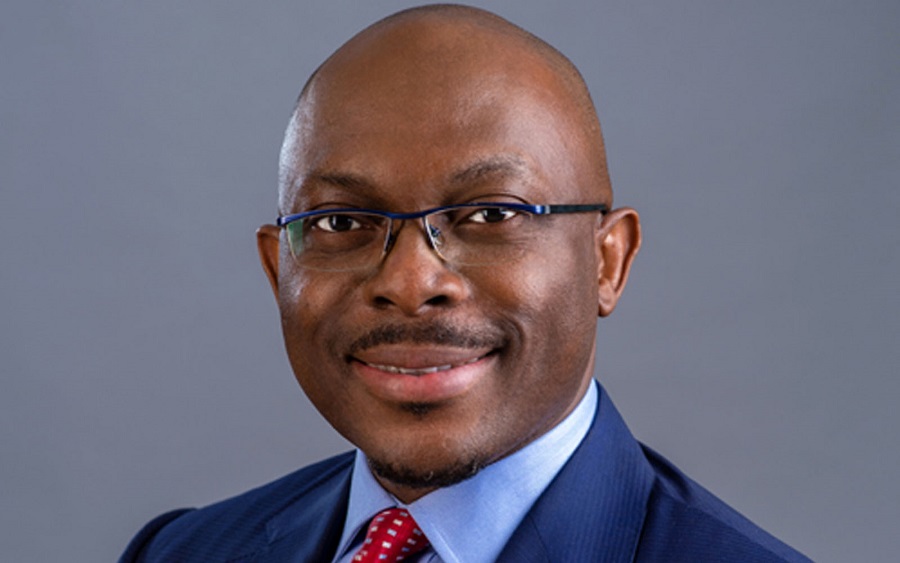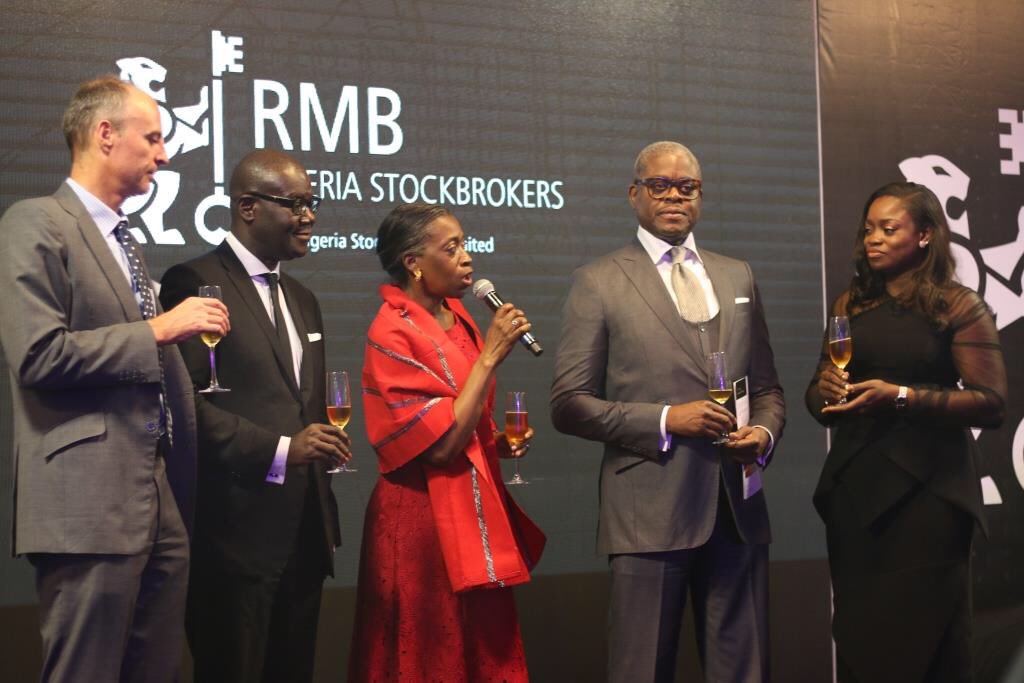Chidi Iwuchukwu, Head Investment Banking West Africa, Rand Merchant Bank has said that Nigeria needs a consistent policy and regulatory framework as well as inward investing in its business ecosystem.
He said this while speaking at the just conclude Doing Business in Nigeria Conference on Saturday, during a panel session.
Iwuchukwu emphasized the importance of understanding the nuances of Nigeria’s investment landscape before diving in. He highlighted the need for “inward investing,” stressing that patient capital is what the country requires. He advised investors, both local and foreign, to be patient as quick returns, especially within five years, might pose challenges due to the country’s economic cycles.
What he said
- “To mitigate these challenges before trying to invest, we also look and say we also have to create what we call inward investing. I think one of the challenges that Nigeria has is we always talk about foreign investors all the time. But the reality is that when you look at certain factors within, we need to start to encourage investment because inward investment is a lot more patient. Patient capital is what the country requires.
- “ And this is also what we advise foreign investors as well. You to have to be patient. If you’re looking for returns that can actually be delivered in less than five years, which is what most of the investors look at it, it’s going to be challenging because every single five years you face a different kind of economic challenge.”
Speaking on inconsistent policy and regulations influenced by changing political systems in a place like Nigeria, he said.
- ‘’Some of the challenges which a lot of investors face I think, one is actually consistency of policies.
- “ I think that’s one of the biggest issues. And sometimes it is just moving from the ideology of different governments in terms of how they deal with taxes. It is a risk. So there are a lot of these issues that these investors need to be aware of. Security is another one.
- “We’ve had investors who oftentime don’t understand the terrain of environments in which they would operate.
- “And then they plan a business, you know, and then they come in and realize the security challenges around the areas.
- “This gets them into a lot of issues, just moving raw materials from one place to the other becomes a challenge, whereas they might have cited this industry in a more centralized location or more efficient location to live to deal with these challenges. Understanding history is important. Nigeria has a five-year cycle. If everybody has noticed every five years something happens. And it also starts with what you call a global economic. So when we talk about the effects devaluation and commits, it’s not unusual to Nigeria.”
More insights
Iwuchukwu stated evident that the challenges facing investors in Nigeria, particularly in terms of consistency of policies, security concerns, and economic volatility, require a strategic approach.
By recognizing and planning for the cyclical nature of economic and political events, investors can better navigate risks and optimize their operations. This includes strategies such as localizing supply chains, integrating backward, and managing costs more efficiently.
While uncertainties persist, proactive planning and a patient approach to investment can help mitigate surprises and pave the way for sustainable business growth in the face of Nigeria’s dynamic landscape.























